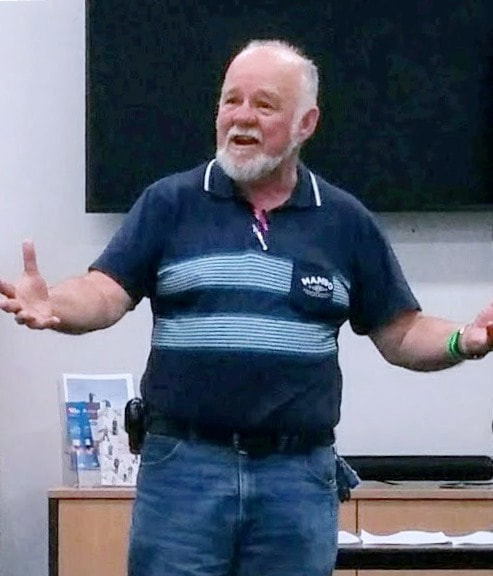Bellerophon, one of the earliest of heroes, suffered from hubris. As a task given to him by Iobates, who falsely believed that Bellerophon had dishonoured Iobates’ daughter, Bellerophon was ordered to kill the fire-breathing Chimera. This Bellerophon did by capturing Pegasus the flying horse. From its back, he used a lead tipped spear to choke the Chimera. Afterward he completed other difficult, nay impossible, tasks. Each one puffed him up more with hubris until he believed that he belonged on Mt Olympus with the gods. He attempted to fly Pegasus there, but Zeus sent a gadfly to bite the horse. Bellerophon fell to earth and landed in a thorn bush. Blinded by it, he lived out his life in misery, despised by all. So, hubris always ends.
Because of a quarrel between two princes of Thebes, seven heroes set out to destroy Thebes. Warned in advance that their expedition would end in the death of all of them, they persisted anyway. Their behaviour on the way to, and at the gates of Thebes, was beset with hubris. One even claimed that not even Zeus could prevent him burning the city. One who was promised eternal life threw it away by eating the brain of his still living opponent.
Today, this tragedy of hubris and futility that was the ‘Seven against Thebes’ is almost unknown yet in ancient times, it was the most popular topic for plays and stories. There are at least six surviving plays about the subject. Every ancient playwright has a surviving play about ‘Seven against Thebes.’ Almost every ancient author wrote stories about this tragedy which they treated as history.
Friday December 1, 2 - 4pm, 'A Tour of the Roman Underworld' followed by coffee at Zeus.
John Barry


 RSS Feed
RSS Feed
